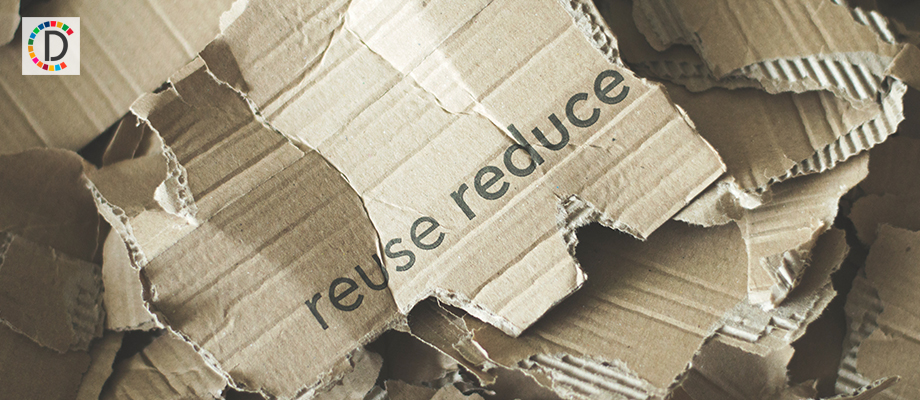Stumbling Blocks Emerge in Just Energy Transition Partnership
The Just Energy Transition Partnership (JETP), a G7-backed initiative for reducing carbon emissions in developing nations, is facing challenges. Countries like South Africa, Indonesia, Vietnam, and Senegal have signed deals but are struggling with funding and implementation. Key projects are delayed, impacting ambitious emission reduction targets.

- Country:
- Indonesia
The early retirement of an Indonesian coal power plant has encountered significant obstacles, compounding difficulties for the Just Energy Transition Partnership (JETP) programme, a G7-backed initiative to assist developing nations in reducing carbon emissions. The following outlines the JETP initiatives and their progress:
South Africa was the pioneering developing nation to forge a JETP deal in 2021, securing an $8.5 billion plan to achieve more ambitious emissions reductions by 2030. The South African effort aims to cap emissions between 350 million and 375 million metric tons of CO2e annually by 2030. However, the ambitious targets are likely unattainable due to persistent power blackout issues, requiring the country to reassess coal plant decommissioning timelines.
Indonesia announced a $20 billion JETP financing pledge in late 2022, marking the largest commitment so far. Only half of the pledged funds originate from public financing by G7 donors and nations like Norway and Denmark, with the remainder expected from private financing. Despite these commitments, disbursement has been minimal, making it difficult for Indonesia to achieve its target of reducing emissions to 250 million tons of CO2e by 2030.
Vietnam secured $15.5 billion in late 2022 to cap its power sector's annual CO2 emissions at 170 million tons by 2030. However, several investment projects and working groups are still being mobilized, delaying significant progress.
Senegal was the fourth to secure a JETP pledge, with European Union countries promising 2.5 billion euros in mid-2022. The country aims to boost the renewables share in its energy mix to 40% by 2030, up from 29% in 2022. A detailed investment plan is expected this year.
(With inputs from agencies.)
ALSO READ
South Africa Eyes Indian Tourist Market for Economic Growth
Indonesia Repatriates Mary Jane Veloso: A Cross-Border Justice Initiative
South Africa Eyes Indian Tourists to Boost Economic Ties
Raid on Indonesia's Central Bank Sparks CSR Misuse Probe
Vietnam's Dramatic Bureaucratic Overhaul: A New Era Dawning










